ASEAN

How ASEAN Can Help Mediate in Myanmar
Despite its limitations, ASEAN can still play a constructive role in mediating the Myanmar crisis by adopting a more proactive and coordinated approach. This involves leveraging its existing mechanisms, such as the Five-Point Consensus, while exploring new strategies, including engaging with all stakeholders, including the National Unity Government and ethnic armed organizations. By fostering inclusive dialogue and applying consistent pressure on the junta, ASEAN can contribute to de-escalating the violence and facilitating a path toward a peaceful resolution in Myanmar.
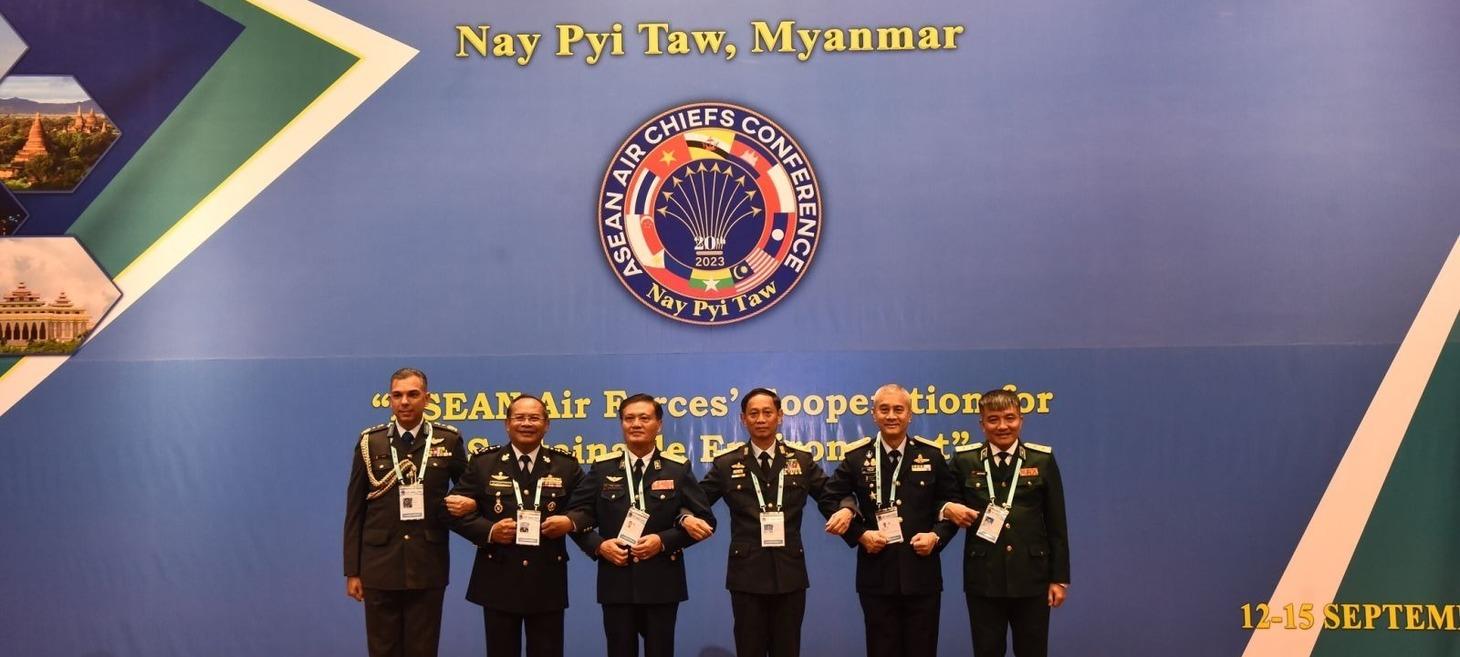
Will ASEAN exclude Myanmar’s junta from upcoming military meetings?
ASEAN faces a crucial decision on whether to exclude the Myanmar junta from upcoming military meetings, including the ASEAN Chiefs of Defence Forces meeting, due to the regime's continued violence against civilians and disregard for the Five-Point Consensus. While some member states favor maintaining dialogue, others advocate for isolating the junta. The decision will be a significant test of ASEAN's commitment to addressing the ongoing human rights crisis in Myanmar.

Myanmar’s Stakeholders Should Prioritize Internal Dialogue Over External Intervention
While China engages with Myanmar's junta leader, India is actively supporting anti-junta groups in Myanmar, including providing medical aid and hosting meetings focused on constitutional and federal development. This reflects a geopolitical tug-of-war, with India countering China's growing influence in Myanmar and supporting resistance groups, including the AA, KIA, and CNF, potentially to limit Chinese influence. While some ASEAN nations like Malaysia also support the resistance, Thailand maintains a relationship with the junta focused on practical border issues. This complex web of international involvement, often driven by self-interest, highlights the need for internal solutions and national unity within Myanmar for a lasting resolution.
Census & Elections
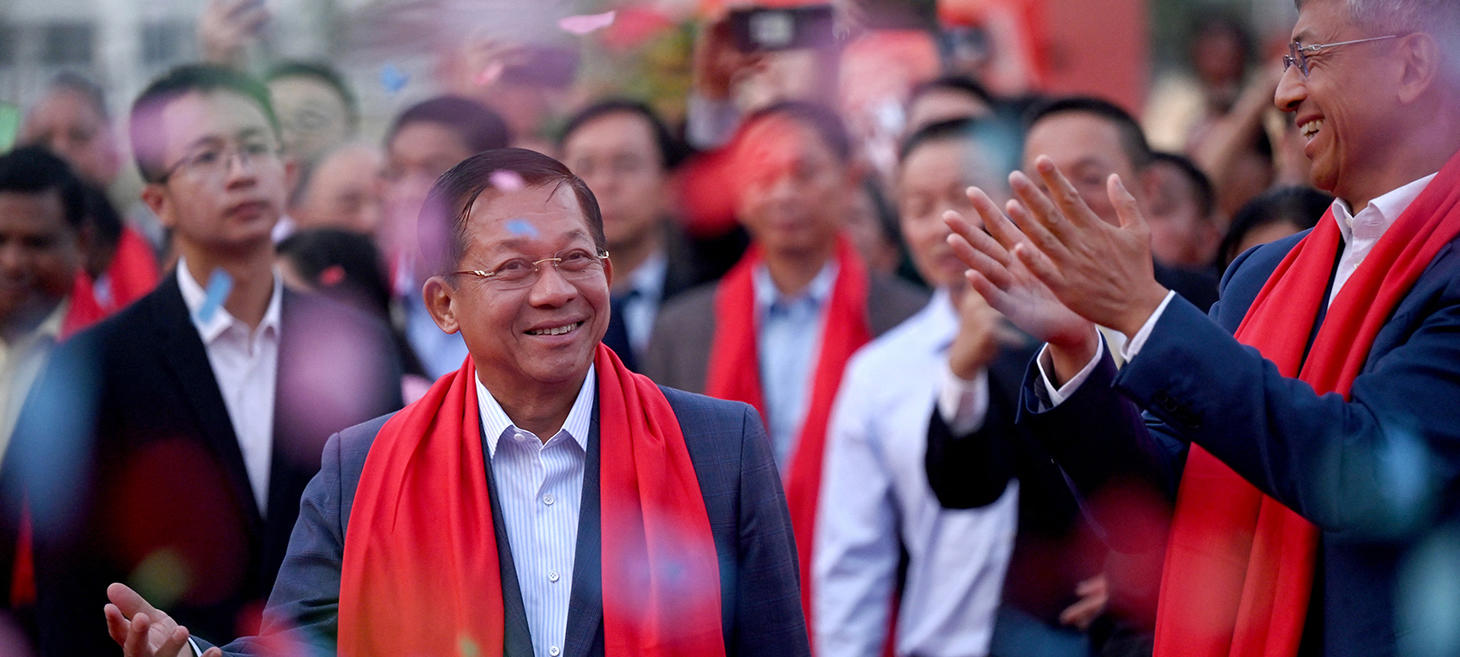
Myanmar Junta Boss Says He Promised Chinese, ASEAN Leaders to Hold ‘Fair Election’
Myanmar junta leader Min Aung Hlaing claims he promised Chinese and ASEAN leaders to hold fair elections. He made this statement during a televised address, asserting his commitment to democracy despite ongoing military rule since the 2021 coup. The claim comes amid international pressure for Myanmar to restore civilian government and hold credible polls. Critics remain skeptical given the regime's track record of broken promises and suppression of opposition. The situation highlights tensions between Myanmar's military rulers and regional powers seeking democratic reforms.
Conflict
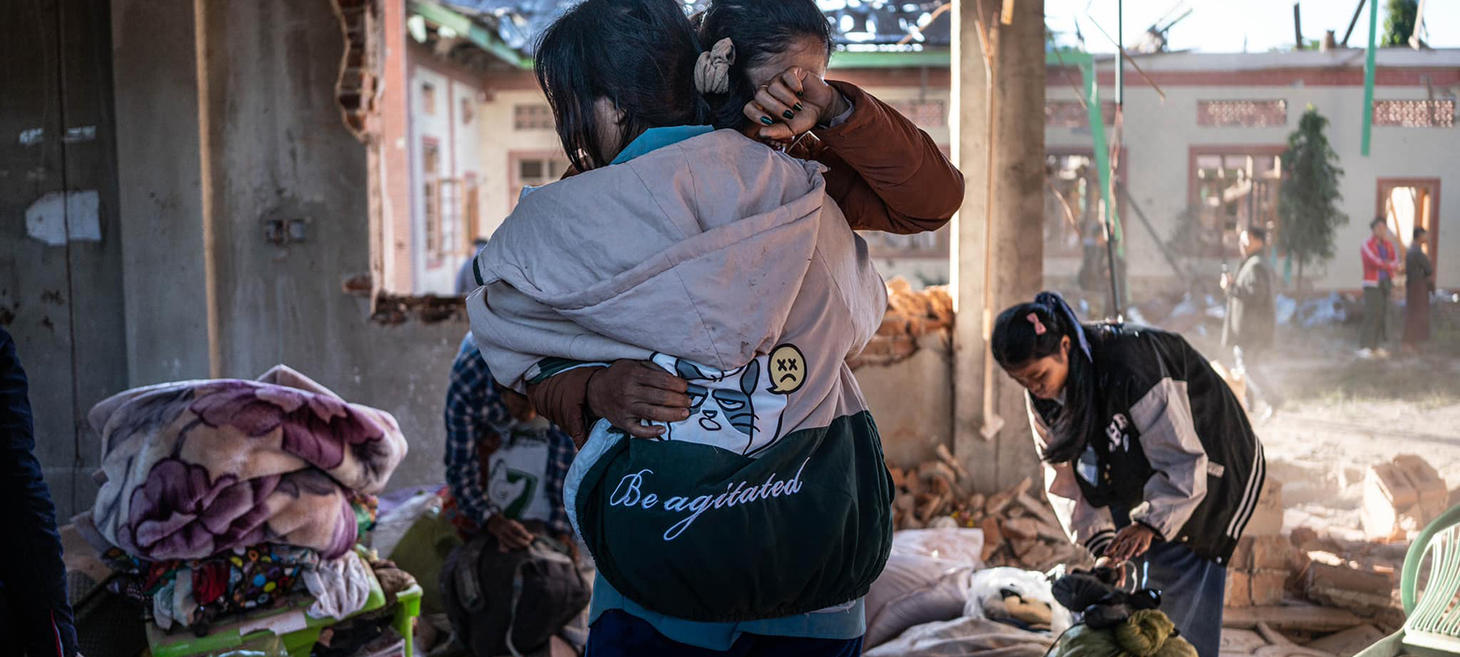
More Myanmar Junta Airstrikes Target Kachin and Shan Civilians
The Myanmar junta continues to conduct airstrikes against civilian targets in Kachin and northern Shan states, causing further displacement and casualties. Recent attacks have targeted villages, displacement camps, and a church, highlighting the indiscriminate nature of the junta's aerial bombardments. These attacks, often occurring in areas where the military faces resistance from ethnic armed organizations and People's Defense Forces, demonstrate the junta's ongoing reliance on air power to suppress opposition despite the devastating impact on civilian populations.
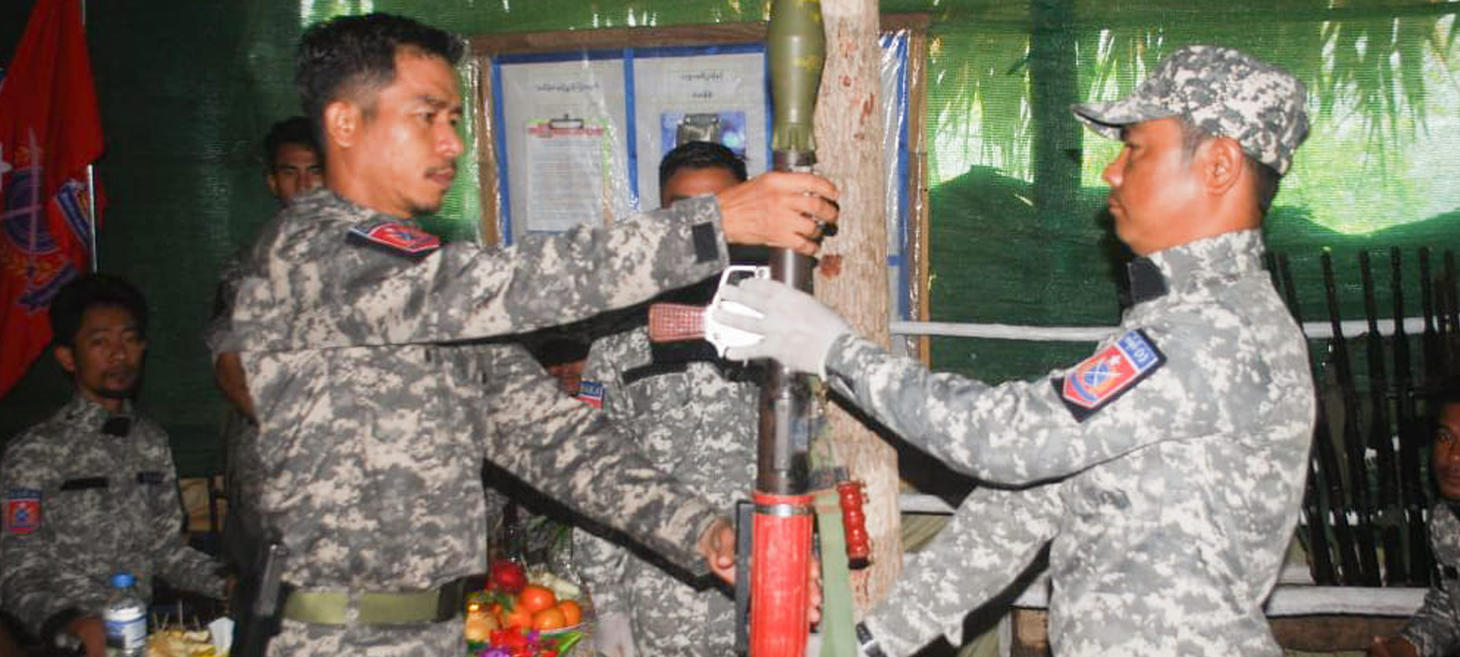
Outnumbered and Outgunned Resistance Abandons Sagaing Town
Overwhelmed by superior junta forces, resistance fighters have been forced to withdraw from the town of Kani in Sagaing Region. Outnumbered and outgunned, the poorly equipped resistance groups were unable to withstand the junta's sustained assault, which involved heavy artillery and airstrikes. The retreat underscores the challenges faced by local resistance forces against the Myanmar military's superior firepower. It highlights the urgent need for greater support for these groups if they are to challenge the junta's control effectively.
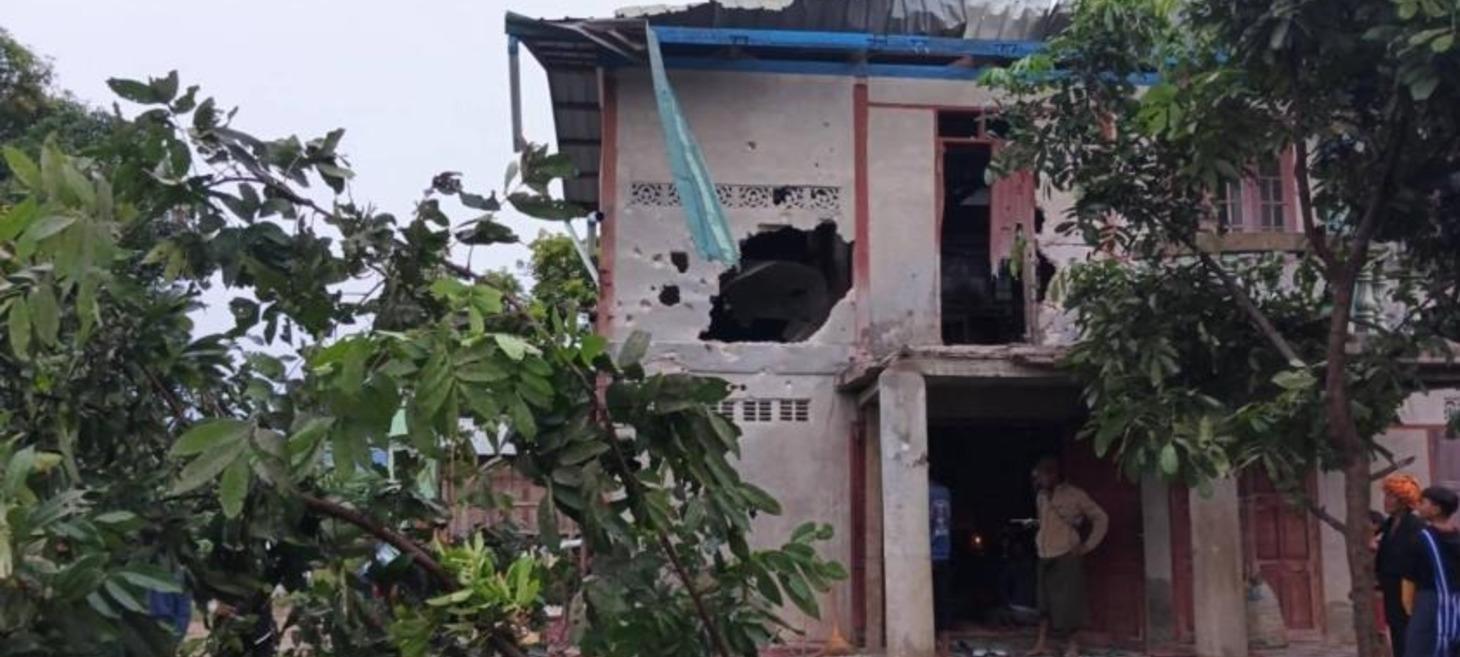
Junta Artillery Kills Four Villagers in Loikaw Township, Karenni State
In a blatant act of violence against civilians, junta artillery fire killed four people, including a child, and injured six others in Loikaw Township, Karenni State, despite the absence of fighting in the targeted villages. The victims were displaced individuals sheltering in Noekoesanpya and Thayetpin villages after fleeing earlier clashes. This attack, coupled with ongoing junta and Pa-O National Organisation (PNO) advances in nearby Mongpai Township and previous incidents of drone bombings and village burnings, highlights the escalating violence and grave risks faced by civilians in the region.
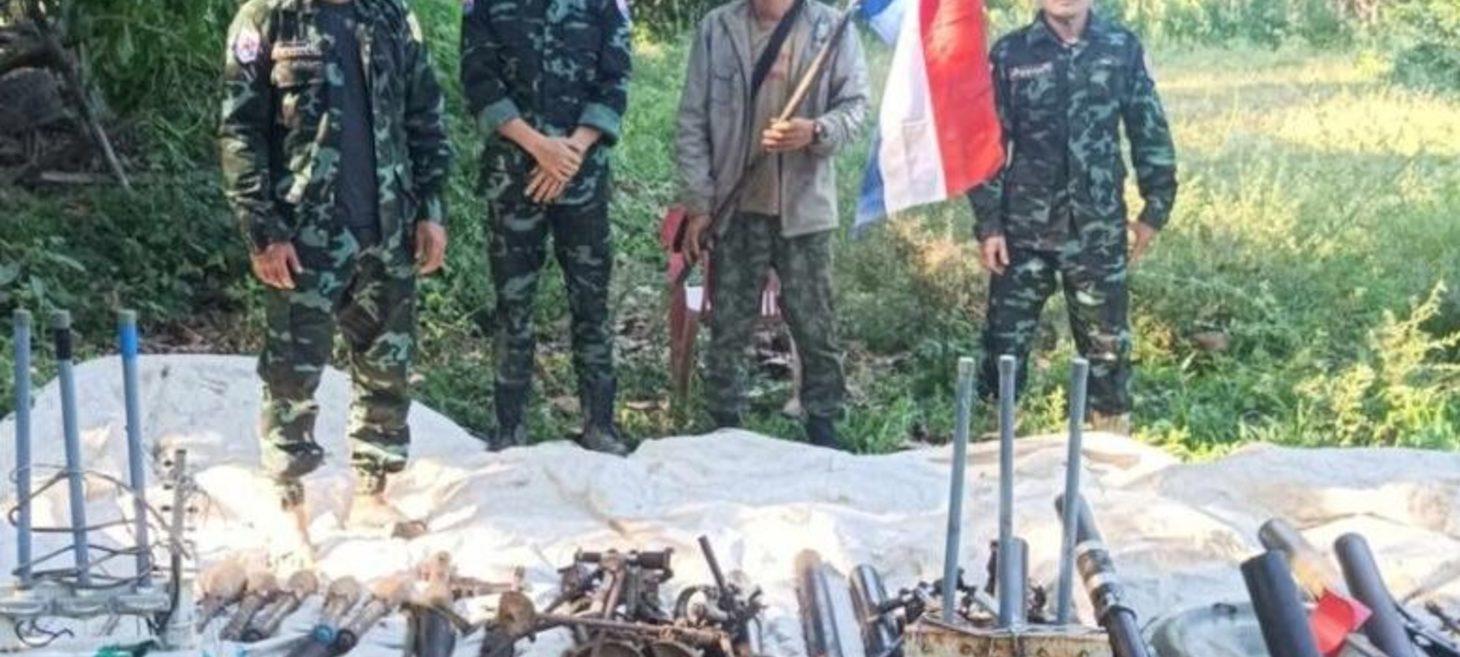
KNU Seizes Base Held by Myanmar Army for 70 Years
The Karen National Union (KNU) has captured a strategically important military base in Kayin State that had been held by the Myanmar army for 70 years, marking a significant victory for the ethnic armed organization. The seizure of the base, following intense fighting, disrupts the junta's military operations in the region and strengthens the KNU's control over its territory. This victory underscores the ongoing strength of ethnic armed organizations in challenging the junta's authority.
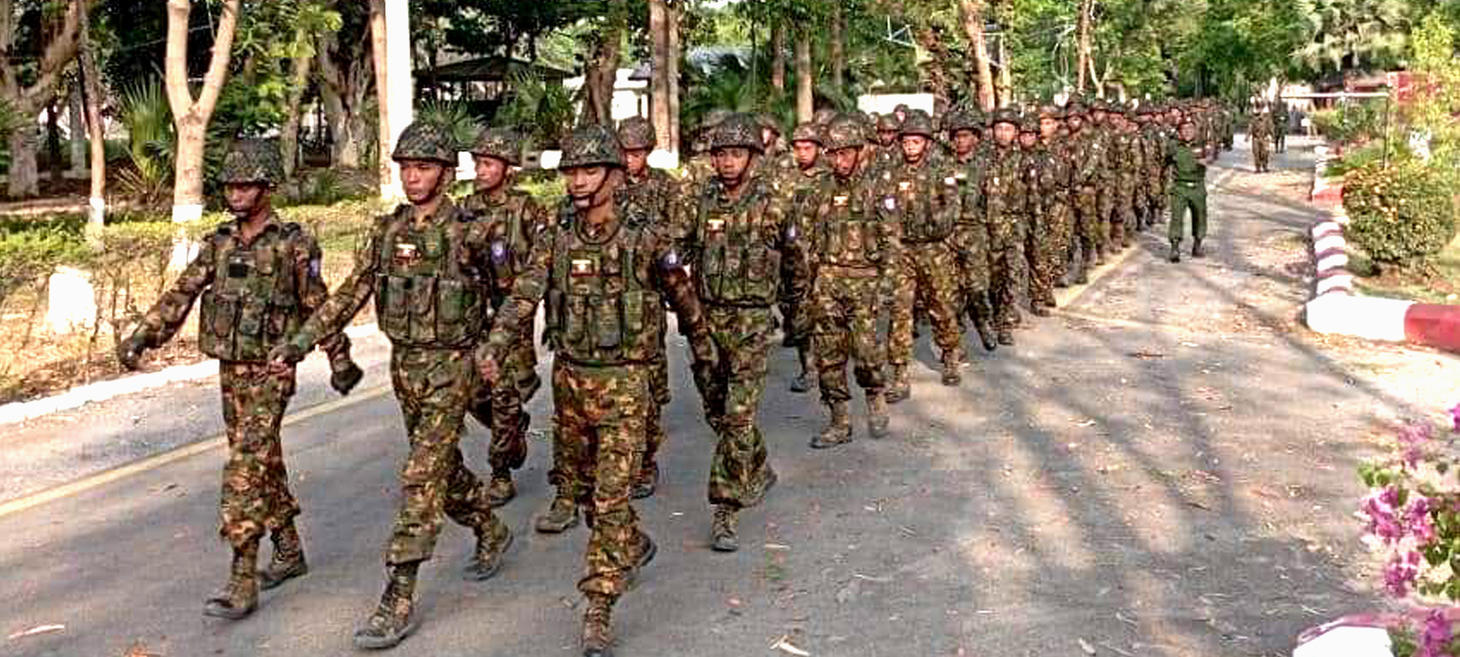
Junta Bombards Madaya in Bid to Protect Mandalay
The Myanmar military junta has intensified its military operations in Madaya Township, Mandalay Region, as part of efforts to protect Mandalay from resistance forces. The junta's forces have been using heavy artillery and airstrikes to target resistance strongholds, causing significant destruction and displacement of civilians. This escalation is part of a broader strategy to secure key areas and suppress opposition groups challenging the military's control. The conflict has led to increased humanitarian concerns, with many residents fleeing the violence and seeking refuge in safer areas. The junta's actions have drawn criticism from international observers who are concerned about the impact on civilians and the ongoing instability in the region.
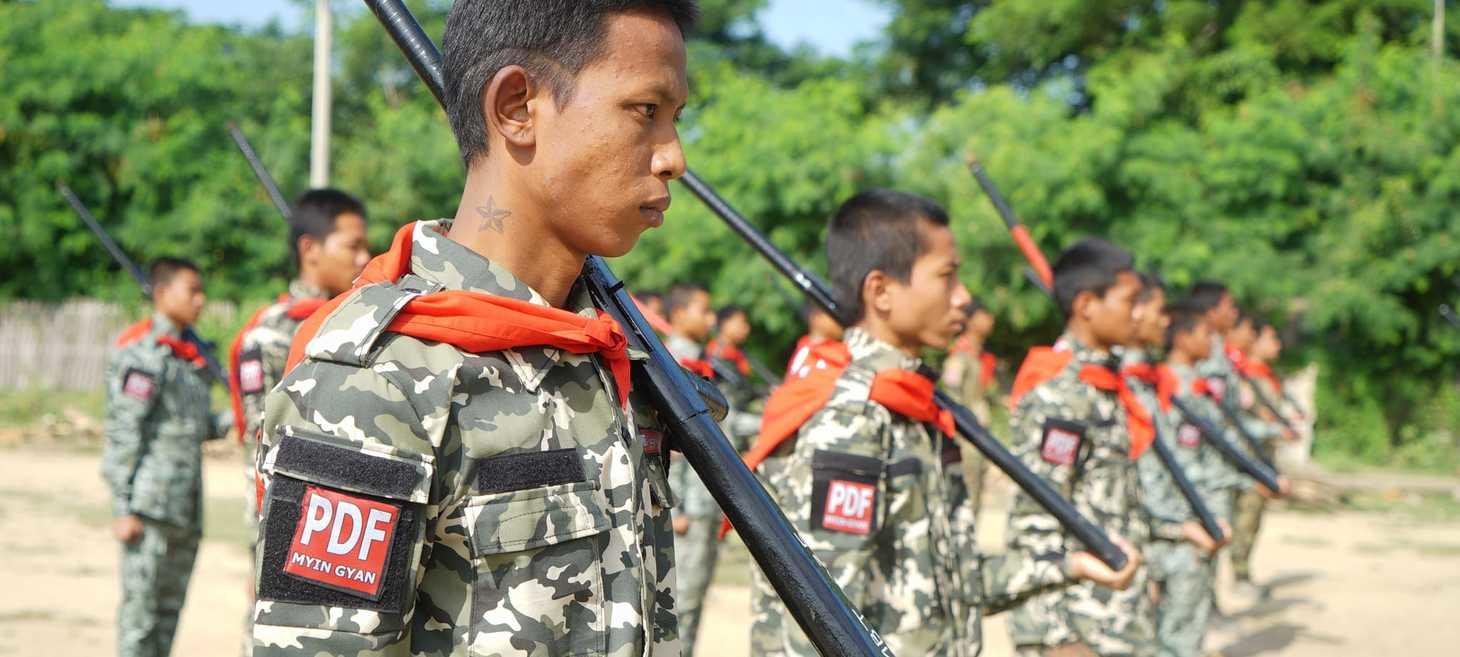
Myanmar resistance forces retreat as junta launches offensive near Myingyan
Anti-junta forces near Myingyan in Myanmar's Mandalay Region have retreated following a week of intense air and ground attacks by the military, which began on November 11. The offensive, involving junta-backed Pyu Saw Htee militia, targeted resistance-held villages southeast of Myingyan, crucial for controlling the road to Meiktila. Despite deploying several battalions and conducting airstrikes, the resistance groups, including the Myingyan District People's Defence Force, were forced to withdraw from their defensive positions. The clashes highlight the ongoing conflict and strategic maneuvers in central Myanmar as the junta seeks to regain control over key areas.
Conscription

Conscription threat leaves young people trapped, undocumented or in limbo
The Myanmar junta's attempts to enforce conscription are driving young men into hiding and creating a generation of undocumented citizens, as they avoid obtaining official identification documents for fear of being drafted into the military. This practice, coupled with the destruction or closure of government offices in conflict areas, leaves many young people unable to access essential services and documents, further marginalizing them and hindering their future prospects. This situation exacerbates the humanitarian crisis and creates a significant challenge for post-conflict recovery.
Crime & Narcotics
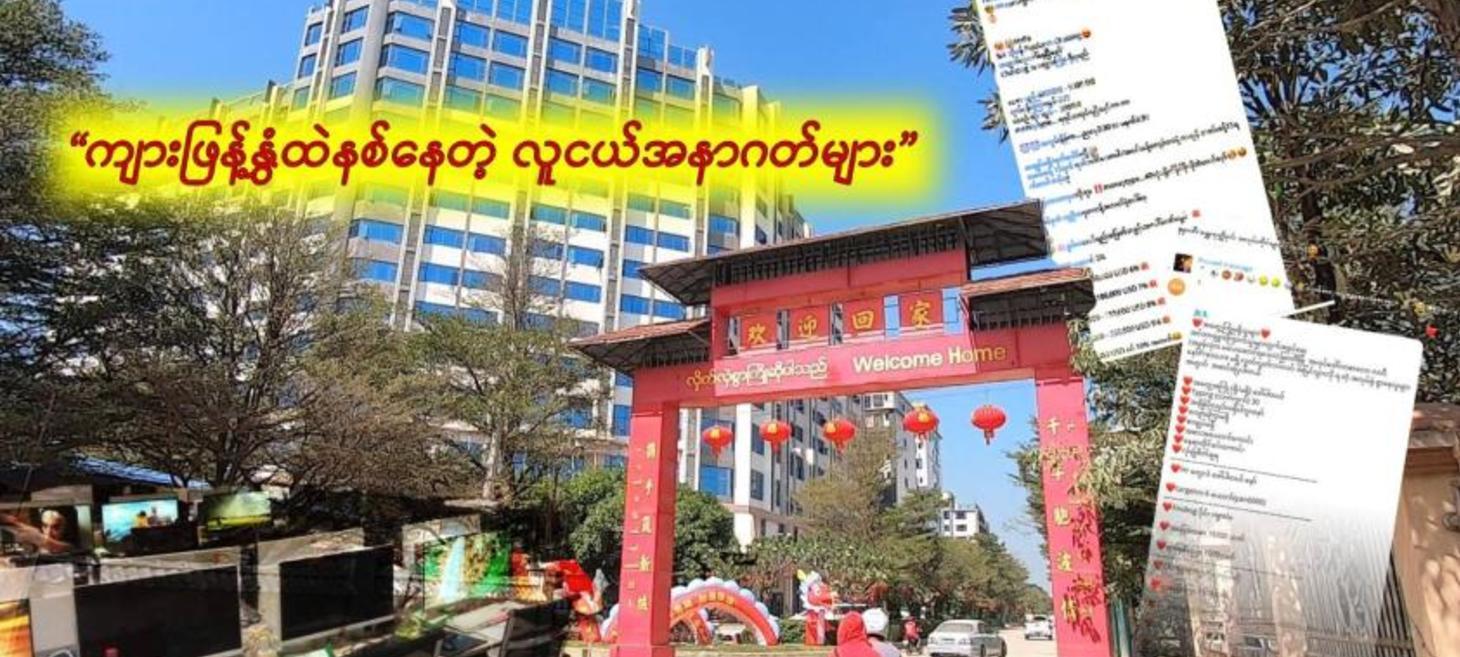
Scam Centres Stealing Young Myanmar People’s Futures
Young people from Myanmar are increasingly being lured into online scam centers in Southeast Asia with false promises of well-paying jobs, only to find themselves trapped in exploitative conditions and forced to participate in criminal activities. These scam operations, often involving online gambling, cryptocurrency fraud, and romance scams, prey on vulnerable individuals seeking economic opportunities, highlighting the risks faced by Myanmar migrants and the urgent need for regional cooperation to combat these criminal networks.

Scam Centres Stealing Young Myanmar People’s Futures
Sai Pan, a 25-year-old from Taunggyi City, moved to Shwe Kokko in Myawaddy Township, Karen State, lured by the promise of a high-paying job. Initially excited about earning more than his struggling online business, he soon discovered he was trapped in a scam operation, forced to deceive people due to financial constraints. Shwe Kokko, resembling a Chinese city, is a hub for scam centers protected by the Karen Border Guard Force, despite orders to shut them down. Workers like Sai Pan and Ma Khaing, a former anti-junta activist, are exploited, monitored, and unable to escape the cycle of deceit. The city, developed by the junta-aligned Karen BGF and a Hong Kong company, continues to operate despite electricity cuts from Thailand, relying on generators and solar power. The scam centers have proliferated since the 2021 coup, with many relocating from the Chinese border to Karen State, exploiting both local and foreign workers under harsh conditions.
Economy
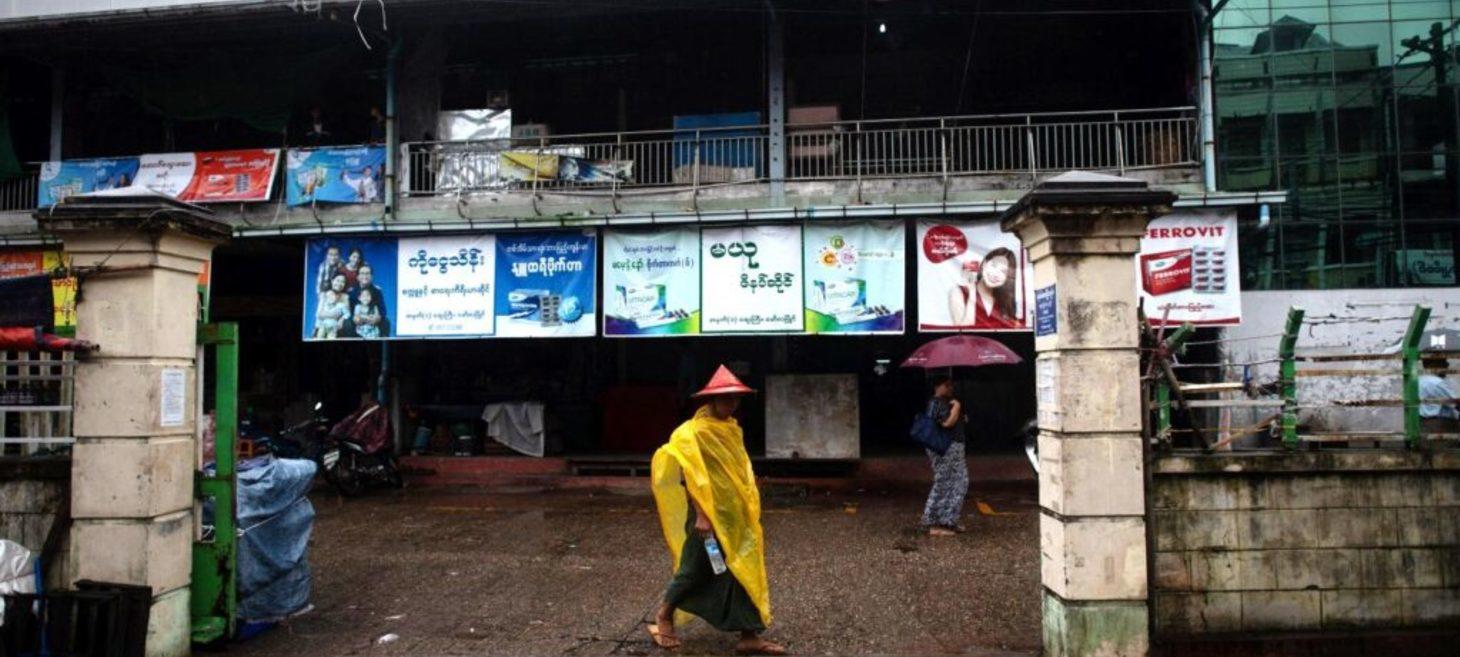
Black market clash: Regime raids target illegal imports
Myanmar’s military regime has stepped up raids targeting illegally imported goods, particularly in Mandalay, as it attempts to assert control over the black market and generate revenue. This crackdown, focusing on illicit alcohol, tobacco, and food products, follows the regime's implementation of new import license requirements and its struggles to control the flourishing unofficial trade, which has thrived due to sanctions and the post-coup economic downturn. While the regime claims these actions aim to protect consumers and legitimate businesses, critics argue they primarily serve to enrich the military and its cronies while further squeezing an already struggling populace.
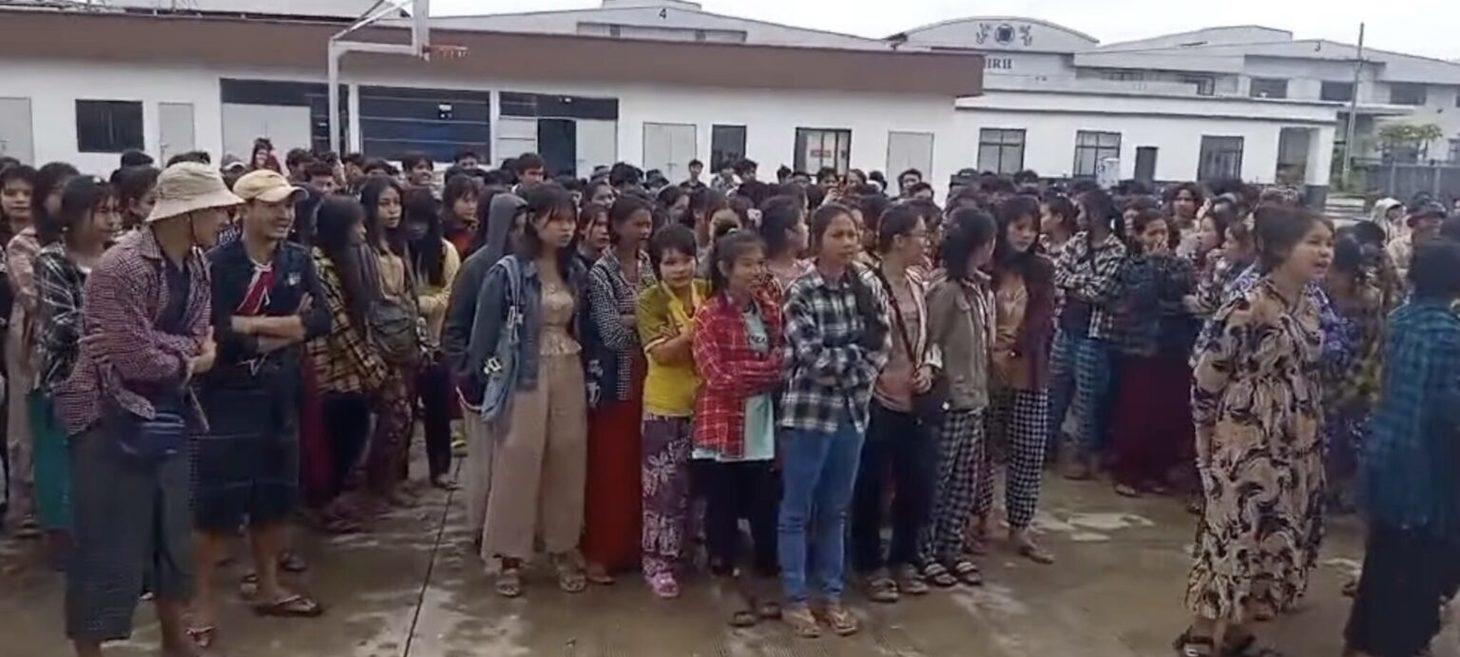
Dozens of factory workers fired in Yangon labour dispute
Dozens of factory workers in Yangon were fired after protesting for better working conditions, including increased wages and improved safety measures, highlighting the ongoing labor disputes and exploitation faced by workers in Myanmar under military rule. The workers, primarily women employed at a garment factory, were dismissed after staging a strike and demanding their rights, demonstrating the vulnerability of laborers and the suppression of dissent in the current political climate.
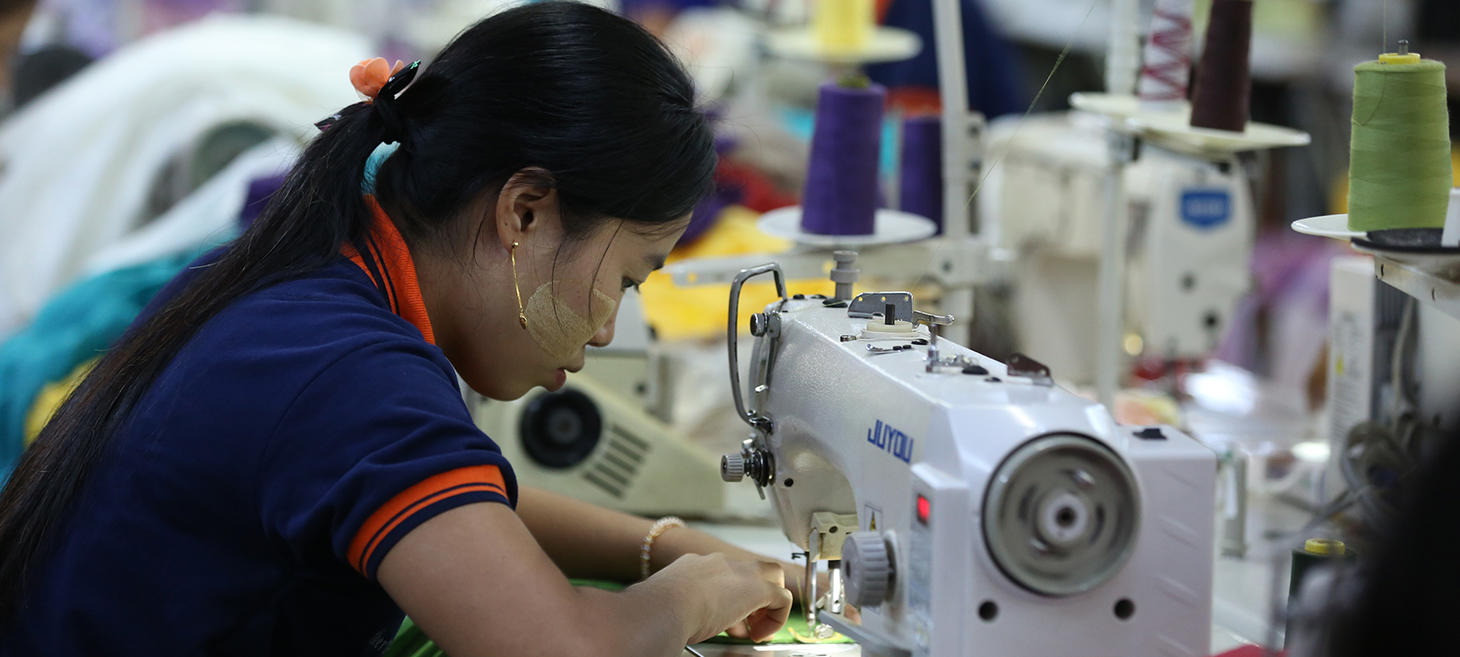
As Myanmar’s Garment Industry Unravels, Desperation is Rising
Myanmar's garment industry is facing severe challenges, leading to rising desperation among workers as factories close and jobs disappear. The industry, once a significant part of Myanmar's economy, has been hit hard by the political instability following the 2021 military coup, compounded by global economic pressures and declining orders from international brands. Many workers, predominantly women, are left without income or support, struggling to meet basic needs. The situation is exacerbated by the junta's repressive measures, which have stifled labor rights and protests. As the industry unravels, the broader economic and social impacts are becoming increasingly dire, highlighting the urgent need for international intervention and support for Myanmar's vulnerable populations.
Ethnic Issues
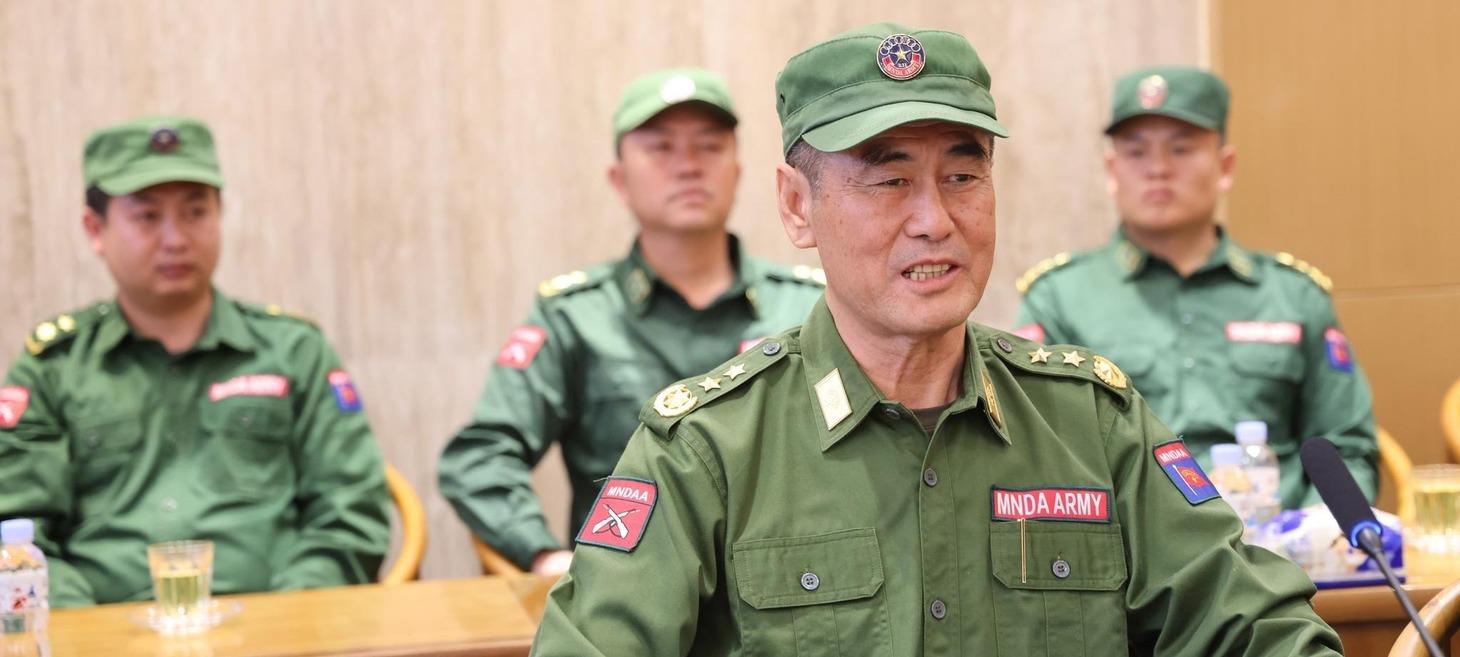
Leader of Myanmar ethnic army being held in China: sources
The leader of the Myanmar National Democratic Alliance Army (MNDAA), Peng Jiasheng, is reportedly being held under house arrest in China, raising concerns about China's influence over ethnic armed groups in Myanmar and the potential implications for peace negotiations. This detention, while unconfirmed by official sources, suggests a complex relationship between China and the MNDAA, and could impact the dynamics of the ongoing conflict in northern Shan State.
Foreign Affairs
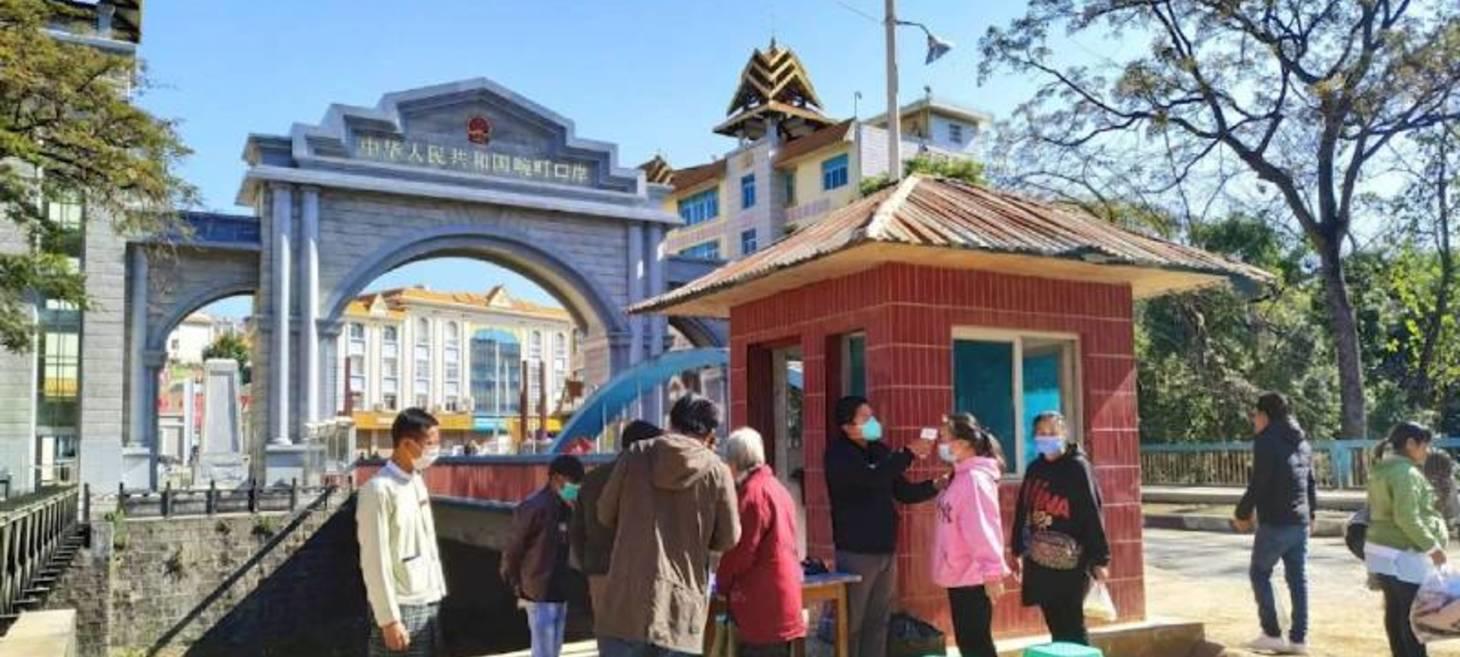
China issues six-month multiple entry visas to Myanmar businesspersons
The Chinese embassy in Myanmar has announced that starting November 18, it will issue five-year multiple-entry visas, allowing a maximum stay of 180 days per visit, for eligible Myanmar business personnel and their families. This initiative follows China's introduction of the "Lancang-Mekong Visa" for qualified individuals from countries along the Lancang-Mekong River, including Myanmar, which will also be valid for five years with multiple entries. The new visa type will be the 17th offered to Myanmar nationals, adding to the existing 16 categories. This announcement was made after junta chief Min Aung Hlaing's recent visit to China, where he emphasized the need for deeper cooperation among member countries. Additionally, the Chinese government has closed all border trade posts along the China-Myanmar border in regions controlled by ethnic armed organizations, with plans for joint management of these posts discussed during Hlaing's visit.
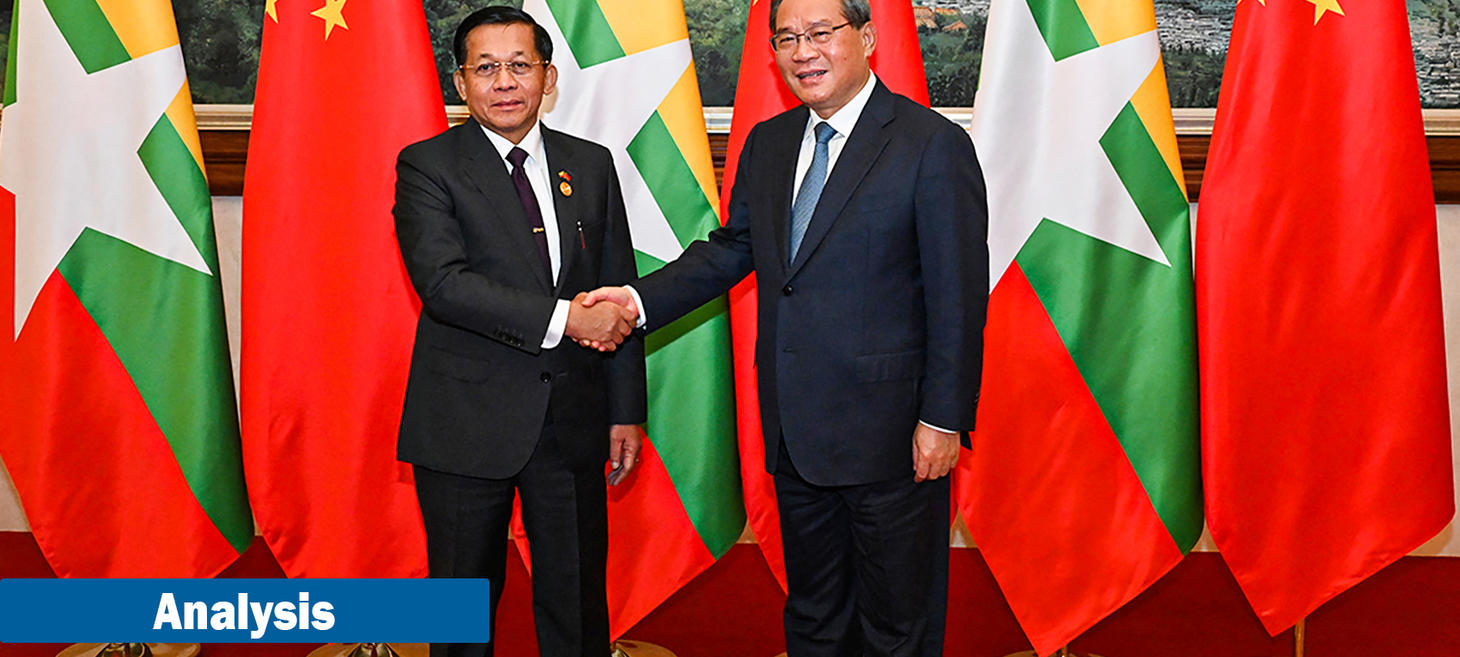
Junta Boss’ Belt and Road Promise to China Is a Ploy: Analysts
Myanmar junta leader Min Aung Hlaing's recent pledge to expedite China's Belt and Road Initiative (BRI) projects in Myanmar is viewed by analysts as a strategic ploy to secure Beijing's continued political and economic support. Facing international isolation and a worsening domestic crisis, the junta seeks to leverage the BRI to gain legitimacy and much-needed investment. However, the feasibility of these projects remains questionable given Myanmar's ongoing instability and the junta's lack of credibility, suggesting the promise may be more symbolic than substantive.
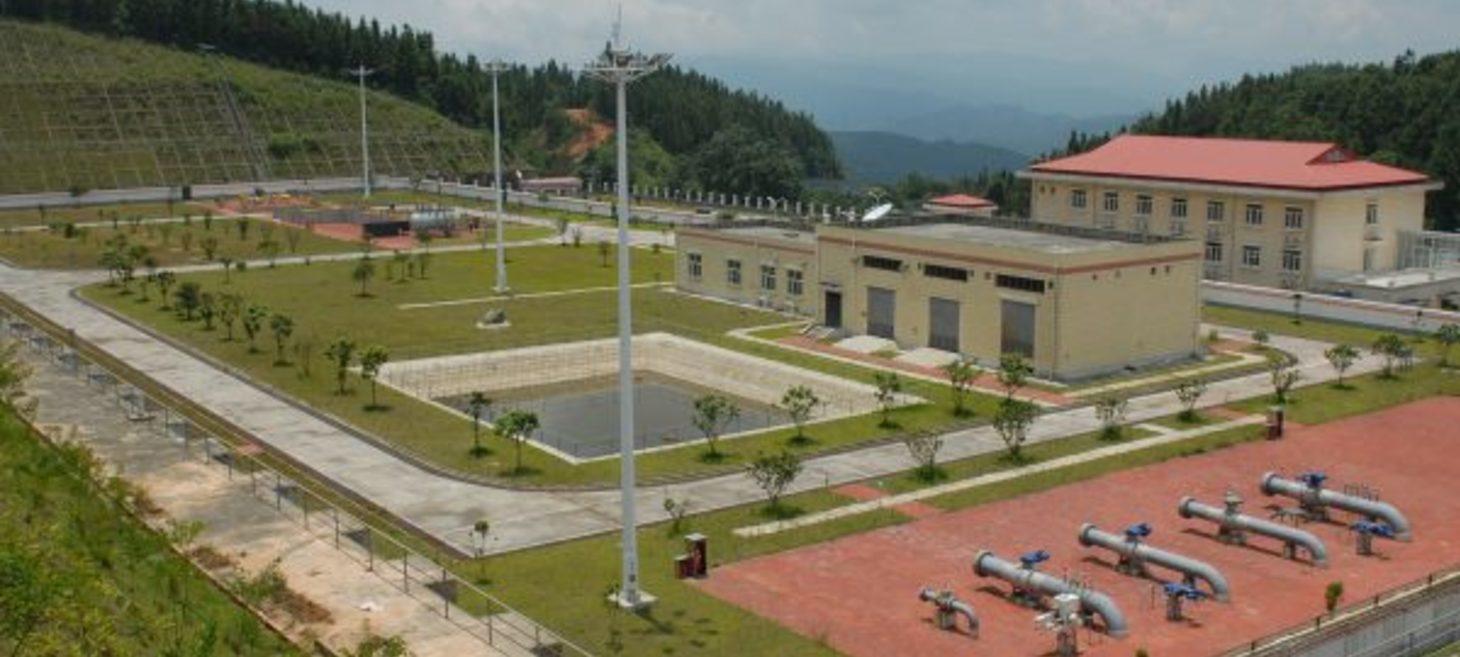
China, Myanmar to Establish Joint Security Company, Reports Say
Reports indicate that China and Myanmar are planning to establish a joint security company, raising concerns about increased Chinese influence in Myanmar's internal affairs and the potential for further human rights abuses. This collaboration, ostensibly aimed at protecting Chinese investments and infrastructure projects in Myanmar, could provide the junta with enhanced surveillance capabilities and further embolden its crackdown on dissent. The move underscores China's continued support for the Myanmar regime despite international condemnation of its human rights record.
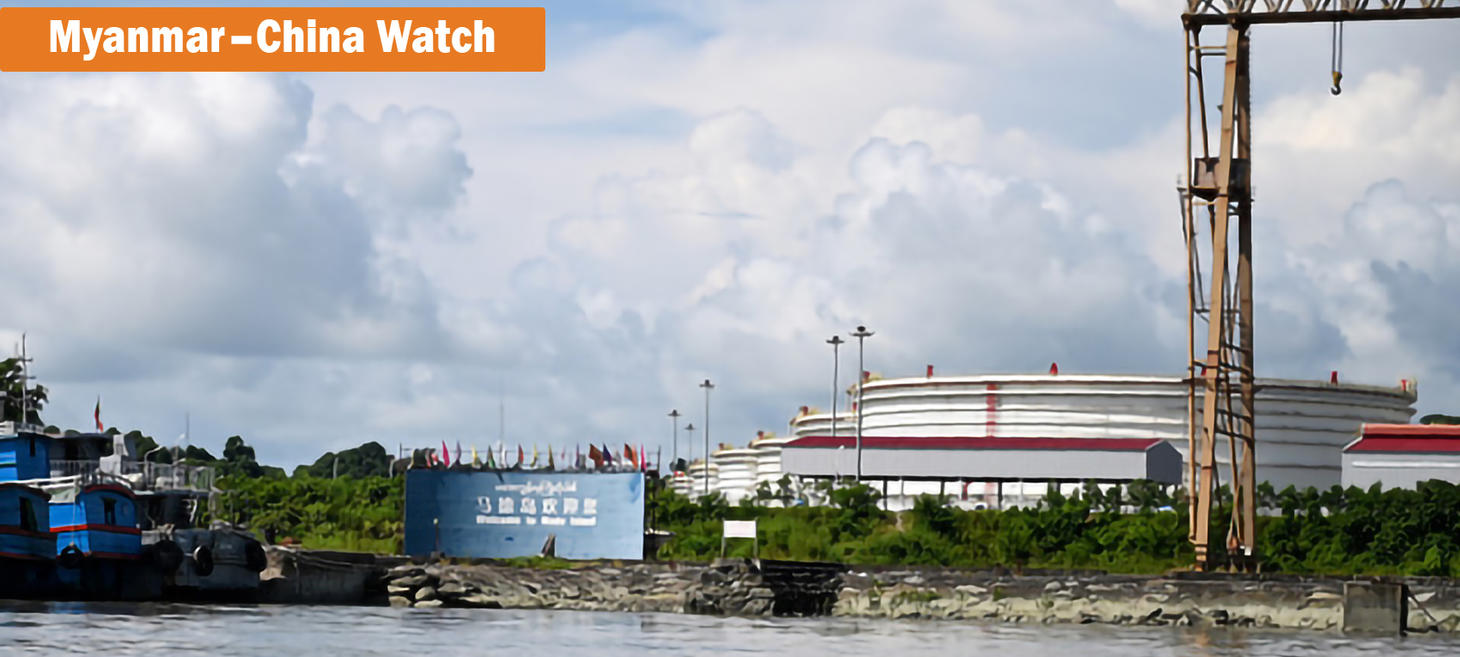
Myanmar Junta Planning Joint Security Firm with China
The Myanmar junta is reportedly planning to establish a joint security company with a Chinese firm, raising concerns about increased Chinese influence and the potential for escalated human rights abuses. This venture, ostensibly aimed at protecting Chinese projects in Myanmar, would likely provide the junta with advanced surveillance technology and reinforce its capacity for repression. The move signals deepening ties between the two countries despite international condemnation of the junta's actions and raises questions about China's complicity in the ongoing violence in Myanmar.
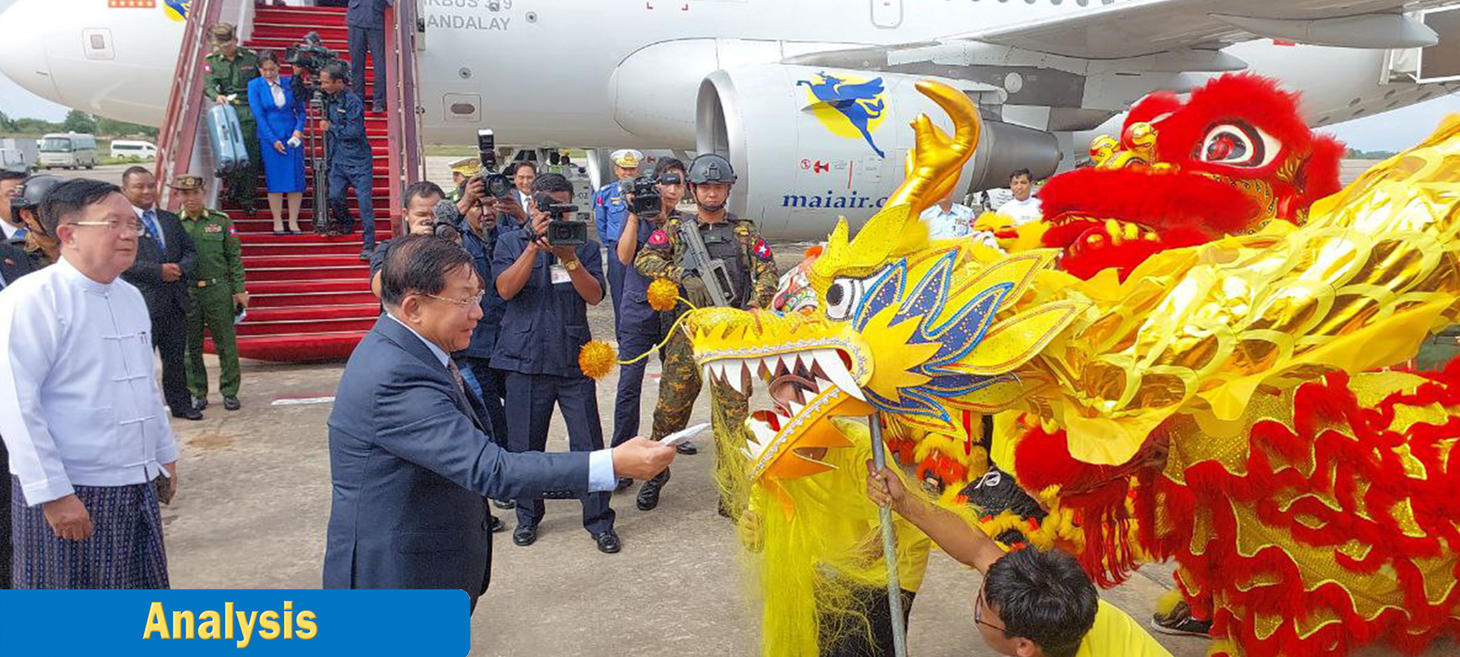
China’s New Policy on Myanmar: Magic Pill or Short-Termist Poison?
China's new policy on Myanmar, which involves direct engagement with the military junta, is analyzed as potentially being either a beneficial solution or a harmful short-term strategy. While China has outwardly supported ASEAN's political resolutions, it has effectively backed the junta's rule, prioritizing its own strategic interests over regional stability and inclusive policies. This approach raises concerns about the long-term implications for Myanmar's political landscape and the potential for increased instability, as China's actions may undermine efforts to achieve a peaceful resolution to the ongoing conflict. The analysis suggests that China's policy could either stabilize the situation temporarily or exacerbate tensions in the long run.
Military

Junta Using Its Soldiers’ Families as Human Shields
The Myanmar junta is reportedly forcing the families of soldiers, including children, to live within military bases and compounds, effectively using them as human shields against attacks from resistance forces. This tactic, documented in Karen and Mon States, aims to deter attacks and protect military infrastructure, while simultaneously placing civilians, including women and children, directly in harm's way. This practice highlights the junta's disregard for civilian safety and its willingness to exploit vulnerable populations in its ongoing conflict against armed resistance groups.
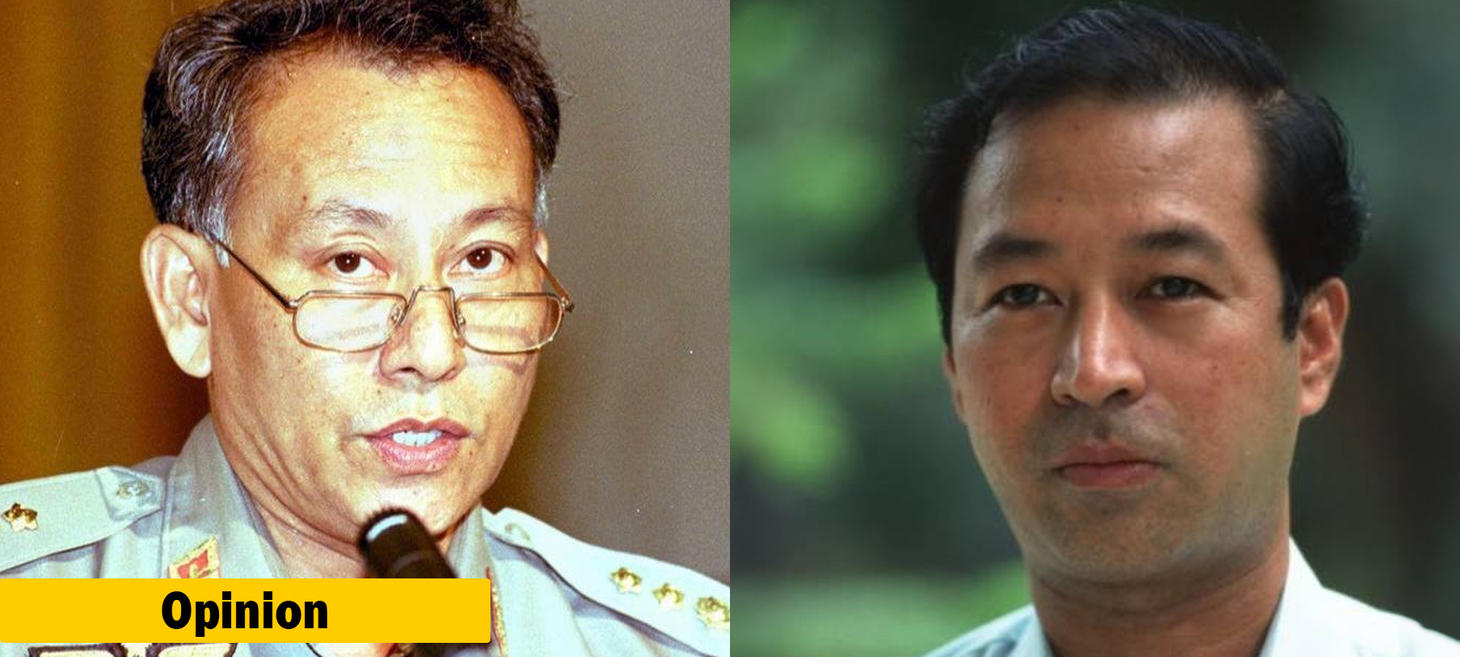
The Warped World View of Myanmar Military Intelligence
The Myanmar military intelligence operates under a warped worldview rooted in paranoia, conspiracy theories, and a deep-seated distrust of anyone outside its ranks. This mindset, fostered by decades of isolation and a culture of impunity, fuels the military's brutal repression of dissent and its inability to engage in meaningful dialogue. This article argues that this distorted perspective, combined with a belief in its own superiority, prevents the military from accurately assessing the situation in Myanmar and contributes to its escalating violence against civilians and pro-democracy movements.
Politics
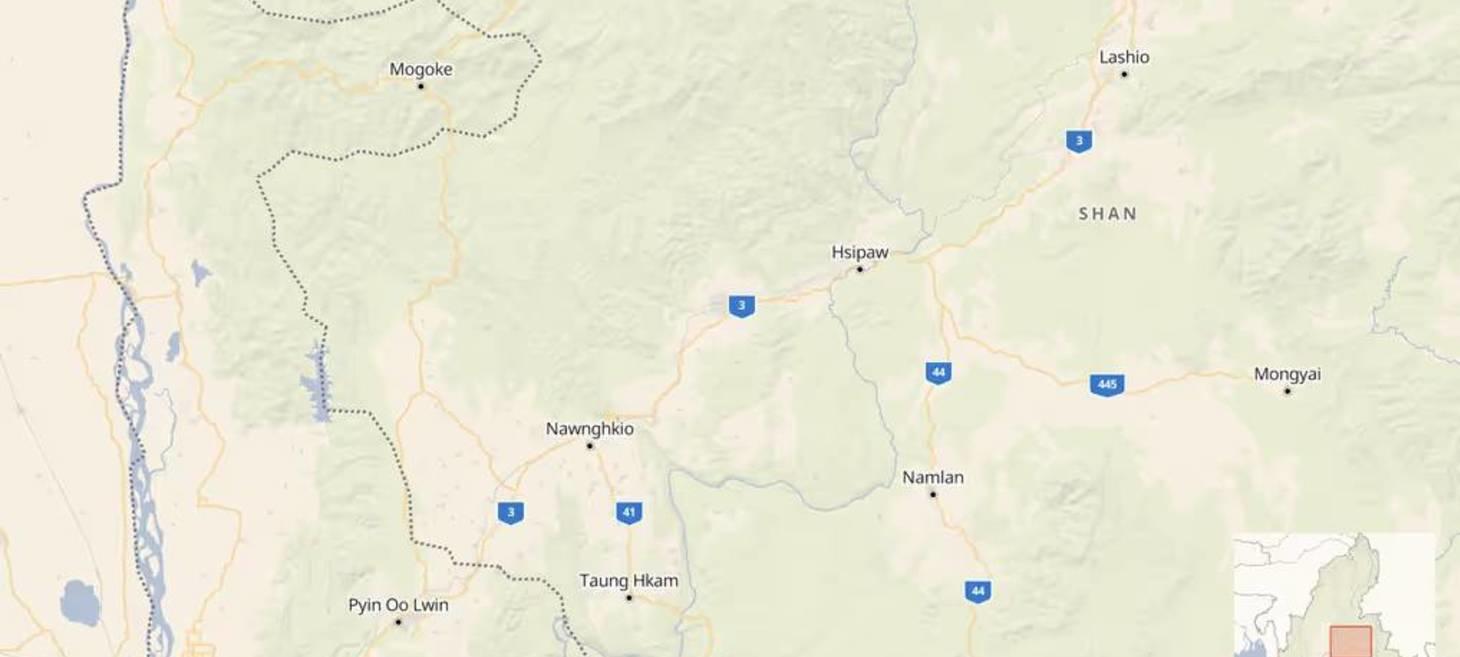
MYANMAR’S CONUNDRUM: Border closure, Junta’s atrocities, AA’s victory and Bamar revolutionary push into Anyar
Myanmar's political landscape is increasingly volatile, marked by the Arakan Army's (AA) successful offensives in Rakhine State, the Kachin Independence Army's (KIA) resistance to Chinese sanctions, the Burma National Revolutionary Army's (BNRA) attack on Pale City, and the National Unity Government's (NUG) overtures to other Bamar revolutionary groups. Simultaneously, the junta, emboldened by recent Chinese support, has intensified airstrikes and attacks on civilian targets. This complex situation is further complicated by China's support for the junta and sanctions against the KIA, and India's support for resistance groups. While the NUG seeks broader cooperation with Bamar revolutionary forces, the deep polarization between the junta and resistance groups, coupled with international involvement, makes a near-term resolution unlikely, highlighting the urgent need for national unity and a shift towards internal solutions.